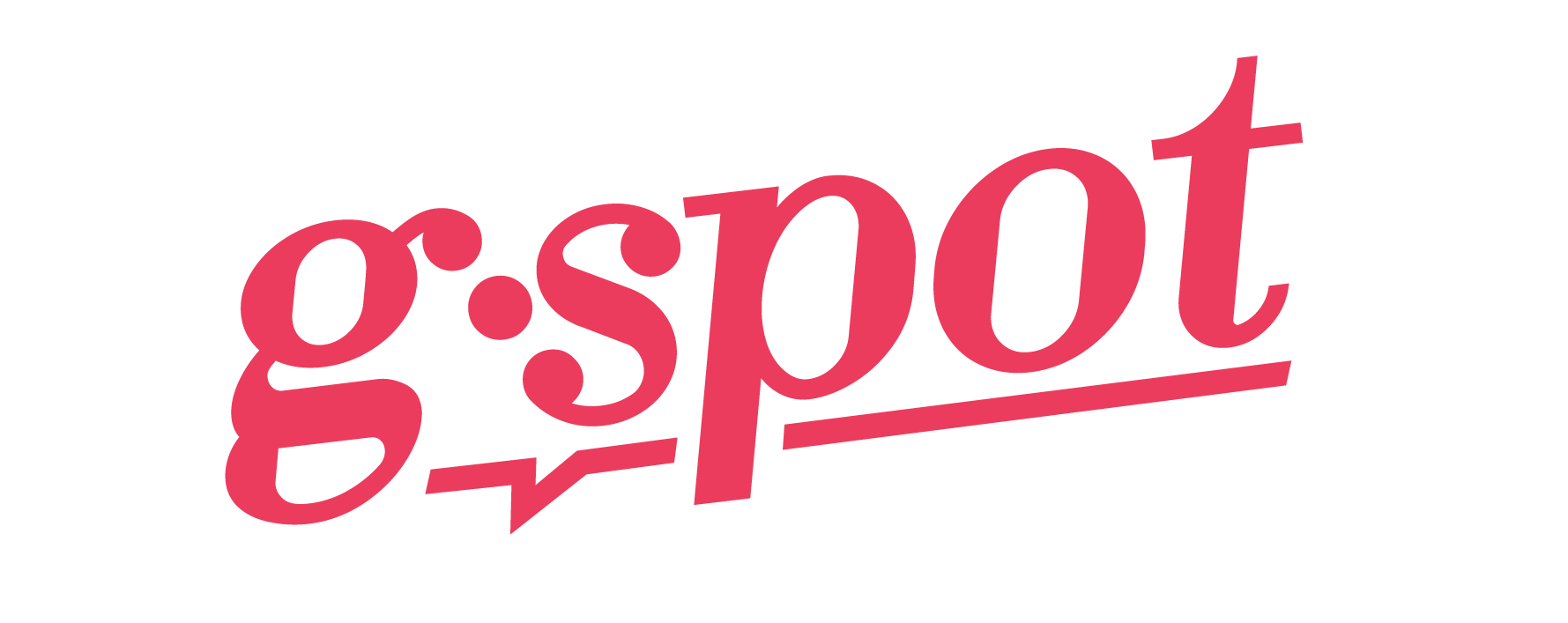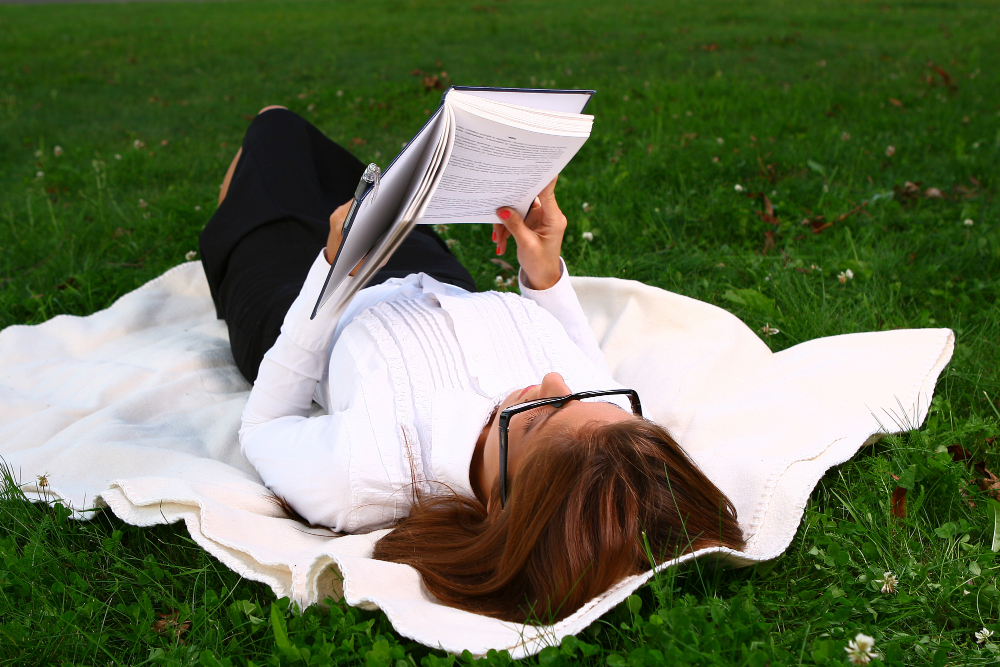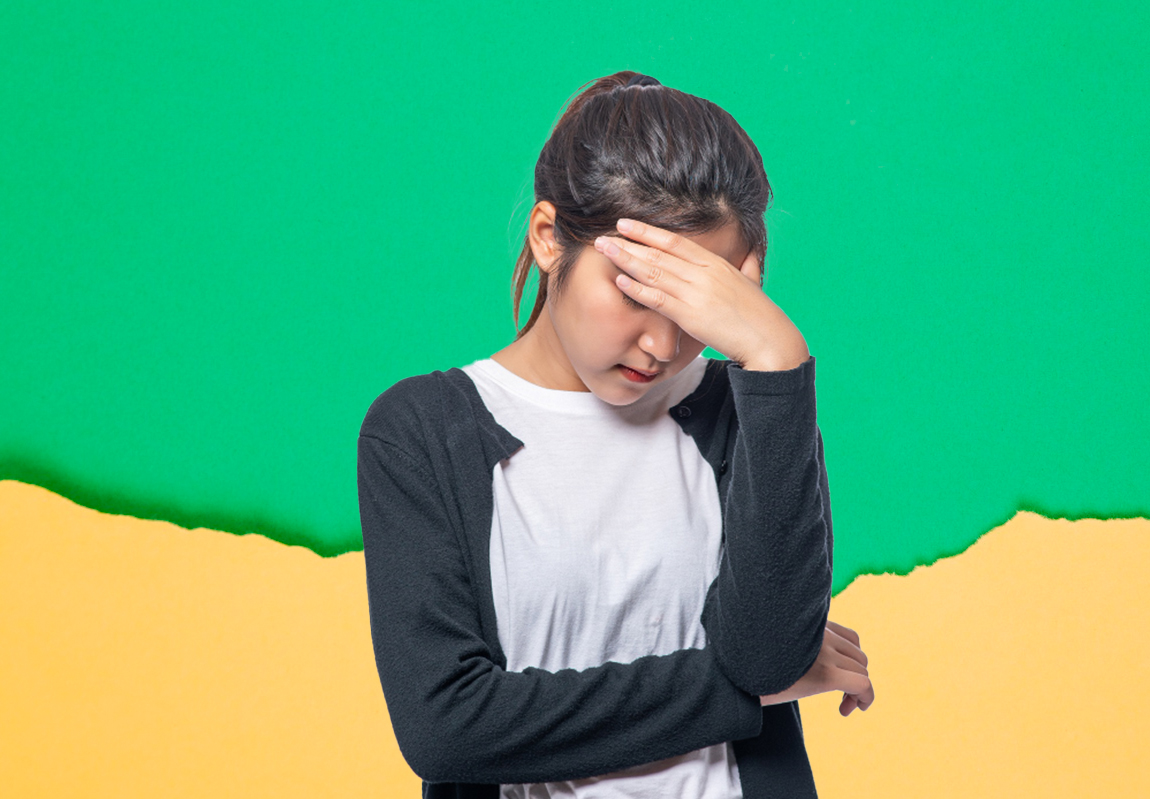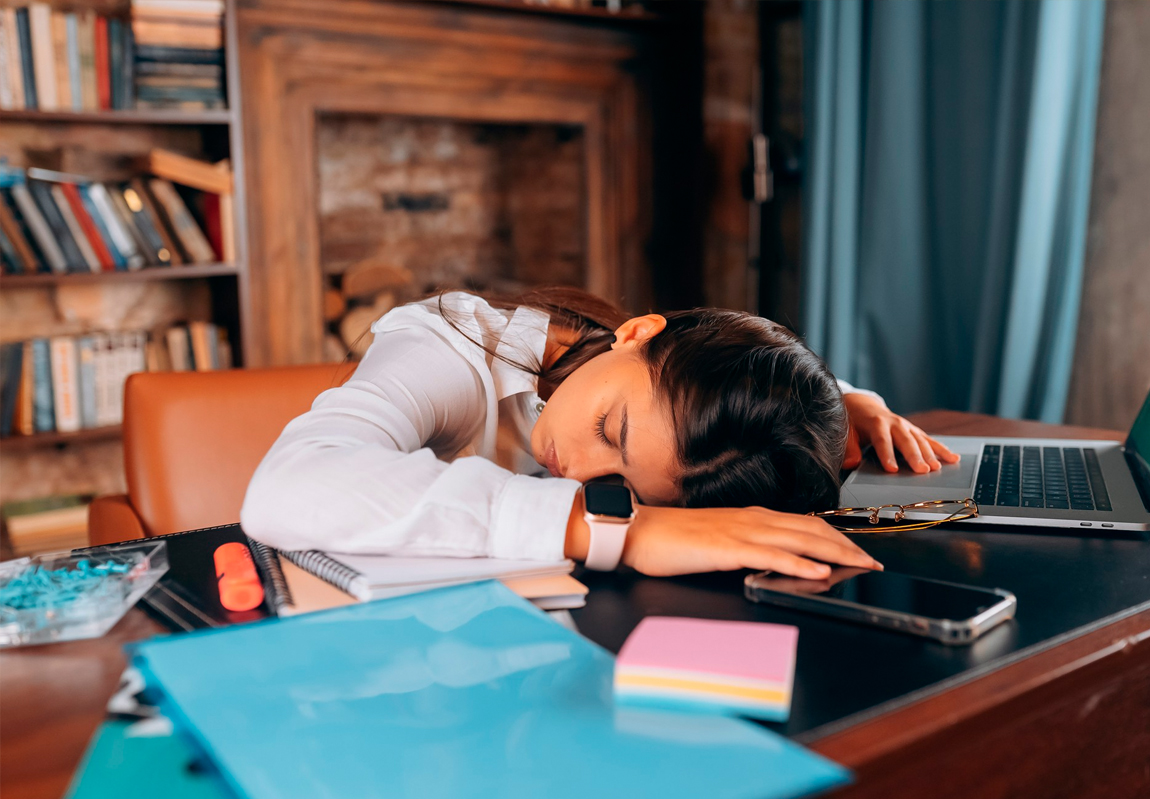I went to a small gathering sometime during the holidays to spend some quality time with friends after months of being apart. Although there was a huge urge to hug each other and slap each other’s arms as we laughed and reminisced, everyone made the conscious decision to not remove their masks before we ate dinner.
After we had our meals, I saw most of them put on their masks again as we conversed throughout the night. Seeing them put on their masks again made me a wee bit self-conscious. And then a string of thoughts zoomed right through my already anxious-ridden mind.
“Am I being too lenient? Too trusting that my friends don’t have the virus, even though I can’t be too sure? Do we have to get tested before and after every single gathering now just to have a piece of peace in our heads? Am I being too paranoid?”
I told another friend about this, and she told me about mask anxiety.
I genuinely thought it was simply a matter of being self-conscious around people who are wearing masks, so you wear your mask too even when you’ve been in a quarantine bubble together. Or the opposite can talk place too — you can be so self-conscious of being too paranoid and wearing your mask when everyone else isn’t.
The pandemic already gives us much anxiety for existing in the first place, and it’s definitely taken a toll on people’s mental health. But the term “mask anxiety” wasn’t coined merely because of overthinkers like me.
Mask anxiety exists because there are people with mental health conditions who wear masks for safety, even when it causes negative triggers to their psyche.
For instance, people with autism spectrum disorder find covering their faces with a certain fabric or material can cause sensory overload, feelings of panic, and extreme anxiety. Some people who have a hearing impairment and rely on lipreading to communicate can find it challenging to maneuver everyday life. People with conditions like post-traumatic stress disorder, severe anxiety, or claustrophobia may find wearing a mask terrifying and may not be able to stay calm or function well while wearing one.
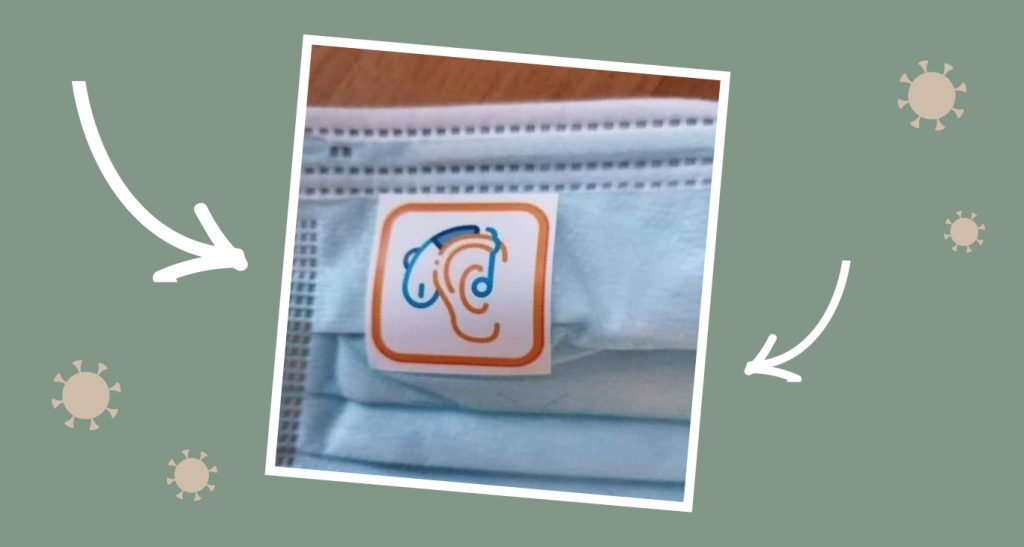
While all these reasons are legitimate and would be understandable if people with these kinds of conditions would ditch wearing a mask, it is also a cause for anxiety and concern when they go out in public and are less protected from the virus.
Aside from that, one can feel self-conscious and judged for not wearing a mask. There’s always the possibility of a messy confrontation that could lead to a lengthy and unwanted conversation about your mental health and even expulsion from places that don’t permit people to go inside without a mask. All of this is so confusing that most people would just opt to wear one even when it truly causes them mental harm. It truly is a double-edged sword.
All these safety protocols — wearing of face masks and shields, social distancing, constant disinfecting, and the like — are things that we need to endure and incorporate into our daily lives because of the pandemic. We are truly living in a world that’s not safe for us to live in anymore and we’re all just trying to survive and adjust to this new reality.
While we adjust to living in the pandemic, I think it’s important that we try to deplete our assumptions of others based on whether they’re wearing a mask or not. The goal of encouraging everyone to wear a mask in public spaces is to reduce the spread of community transmission. If we can do that without publicly shaming people who truly can’t wear a mask or need some extra support to do so, it’s a win-win for all.
Let’s be more understanding. The pandemic has already given so many of us a hard time. How about we help make the world a better place to live in by being better people?
